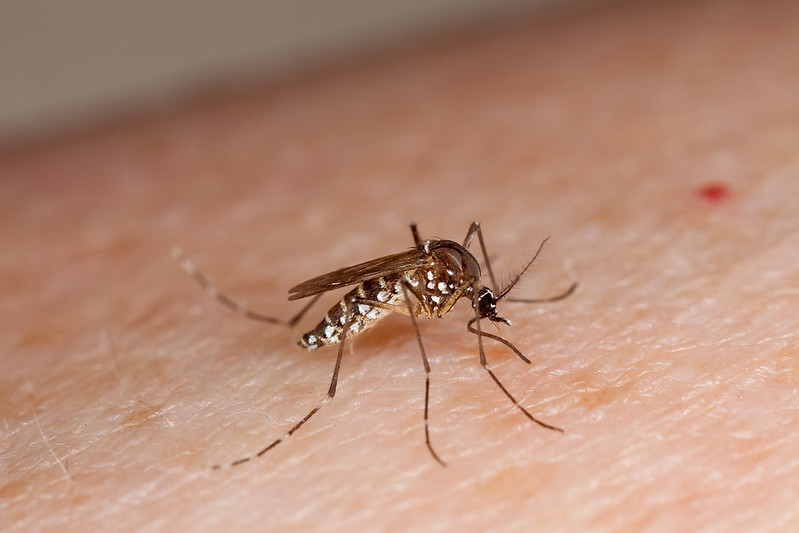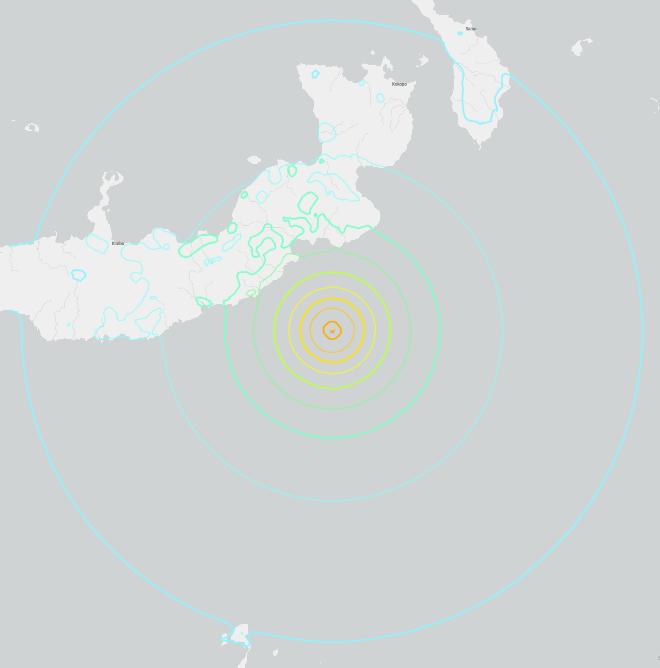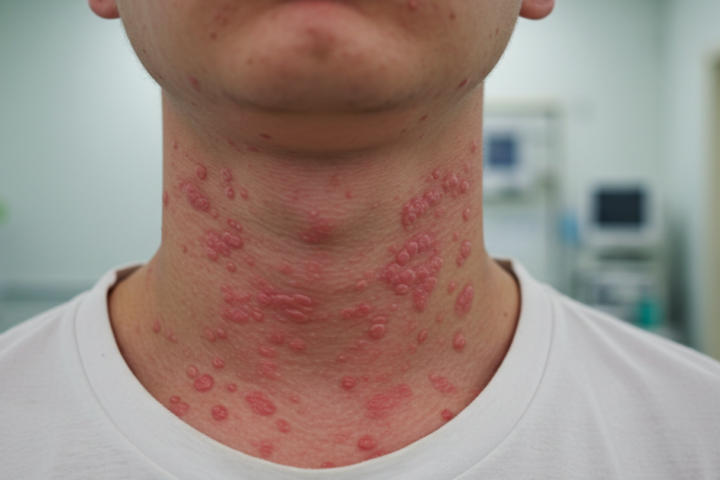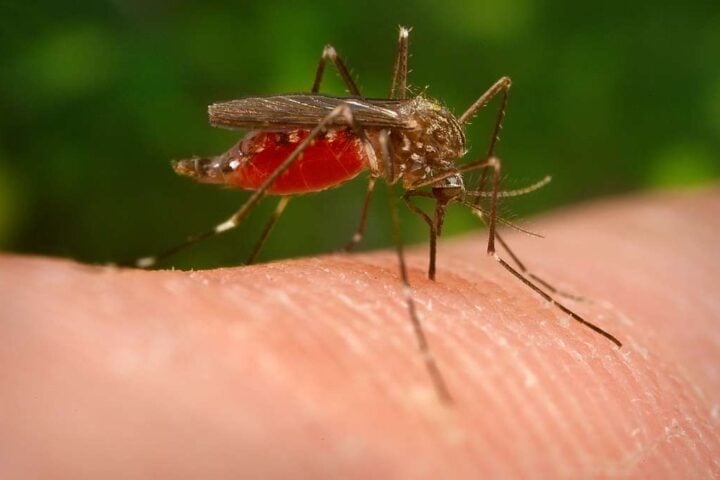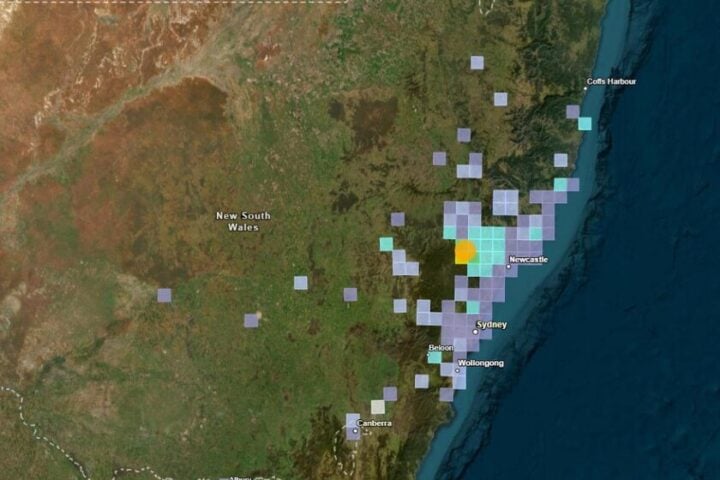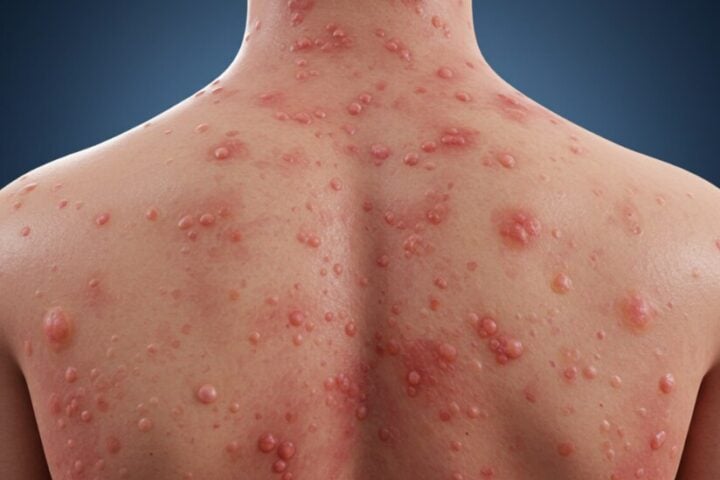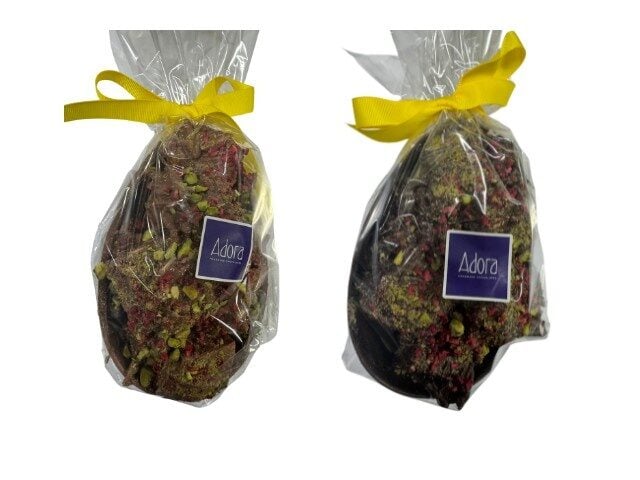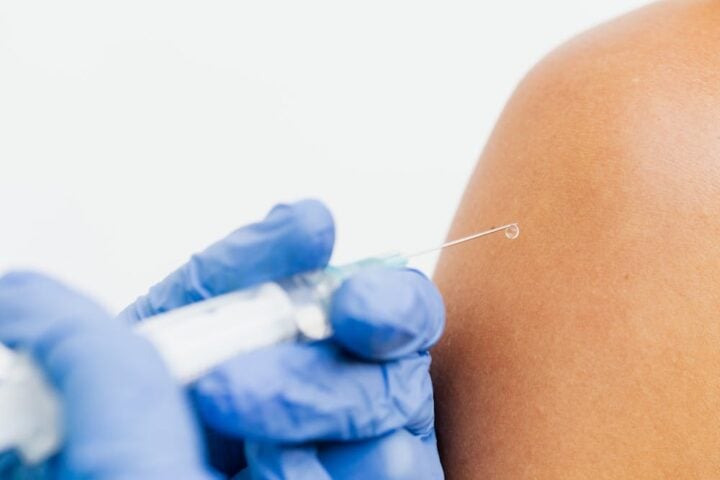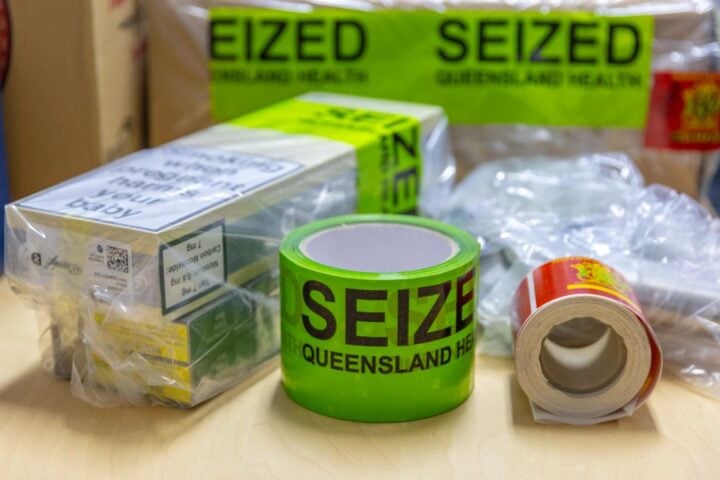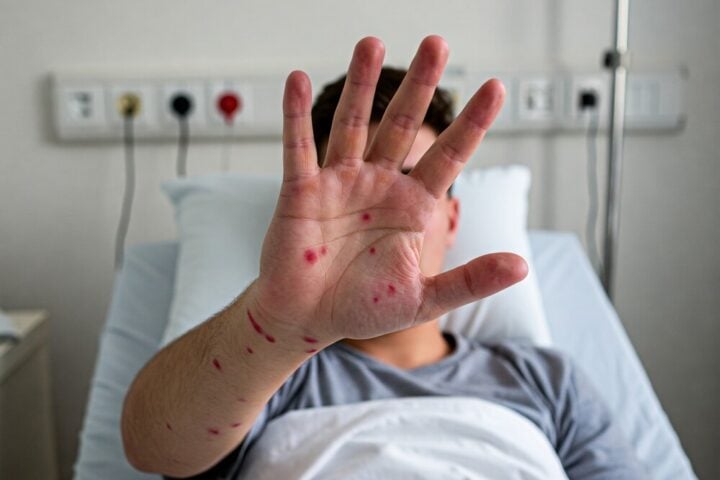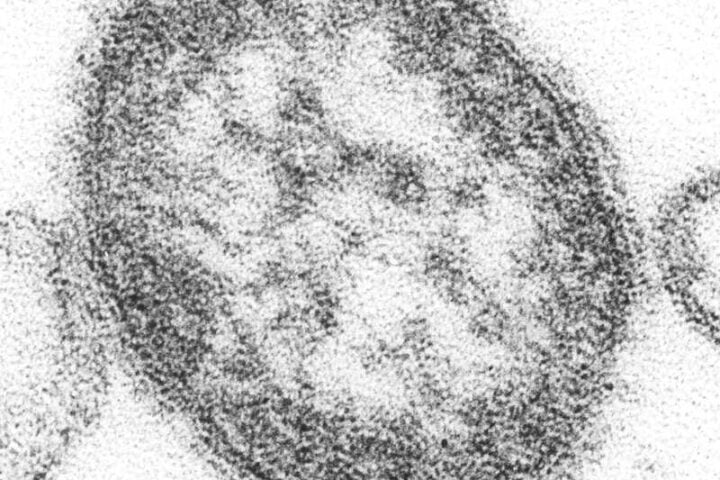Queensland’s Chief Health Officer Dr. Heidi Carroll has issued a timely warning for residents to protect themselves against mosquito bites as warmer, wetter weather increases mosquito populations across the state.
“It’s common to see mosquito numbers increase after wet and warm weather, and this rise in numbers raises the risk of contracting mosquito-borne illnesses, such as Ross River virus and Japanese Encephalitis Virus,” Dr. Carroll said.
The health alert comes just as school holidays approach, when families are more likely to spend time outdoors and potentially face greater exposure to mosquitoes.
Recent Cases Highlight Serious Risks
So far this year, Queensland has recorded three cases of Japanese Encephalitis Virus (JEV), with two resulting in deaths – the state’s first JEV fatalities since 2022. Additionally, 223 cases of Ross River virus have been reported.
JEV is a rare but potentially serious illness that can cause brain inflammation in some patients. While not everyone infected will show symptoms, those who do can face severe health consequences.
Extensive Surveillance Underway
Queensland Health has ramped up its mosquito surveillance efforts in response to the recent human cases. Since July 1, 2024, over 1,500 mosquito traps have been tested statewide to assess JEV risk, including nearly 300 in the past two weeks alone.
JEV-positive mosquito samples have been detected this year in Goondiwindi, Inglewood, Monto, and Hemmant, though no positive samples have been found since early March 2025 when the virus was detected in Hemmant.
Free Vaccine Program Expanded
As part of its response, Queensland Health has expanded eligibility for free JEV vaccination.
Similar Posts:
“We are continuing to expand eligibility for free JEV vaccination to communities determined at greatest risk of JEV whether this be due to JEV detections in mosquitoes or pigs,” Dr. Carroll explained.
The Department of Primary Industries works alongside Queensland Health regarding pig detections, as pigs can serve as amplifying hosts for JEV. Mosquitoes can become infected after biting infected pigs or wading birds.
Simple Prevention Steps Essential
Dr. Carroll emphasized that prevention remains the most effective strategy, particularly since not all mosquito-borne diseases have vaccines.
“Any mosquito could carry a mosquito-borne disease, but if you don’t get bitten, you can’t get infected,” she said. “As school holidays approach, I know a lot of people will be planning camping trips – all campers should be especially vigilant against mosquito bites given you will be likely spending a lot of time outdoors, including at dawn and dusk when mosquitoes are most active.”
Health officials recommend several simple yet effective measures to prevent mosquito bites:
- Apply effective insect repellents containing DEET, Picaridin, or Oil of Lemon Eucalyptus to exposed skin
- Wear loose, light-colored clothing that covers arms, legs, and feet
- Use insecticide sprays, vapor dispensing units, and mosquito coils in well-ventilated outdoor areas
- Ensure proper screening in tents or sleep under mosquito nets when camping
Complete information about JEV and vaccine eligibility can be found on the Queensland Health website, which also provides a full list of JEV vaccine service providers.
